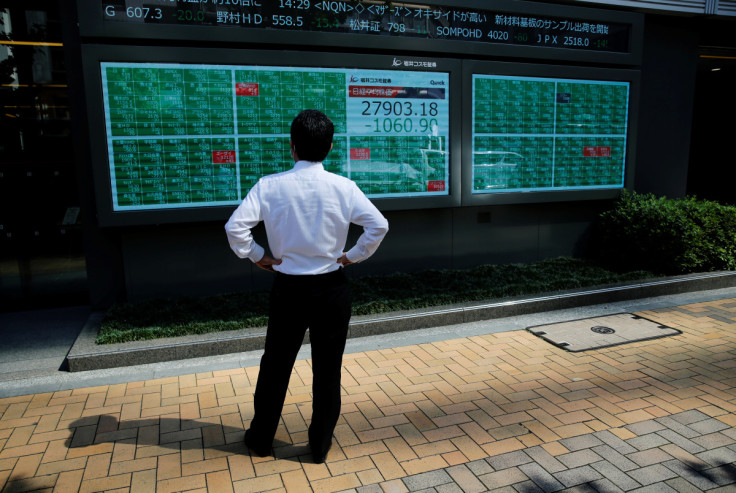Pakistani Versus Indian Stocks: Which Ones Are A Better Bet For 2023?

Pakistani and Indian stocks have been heading south in 2022, following other emerging markets. The Global X MSCI Pakistan ETF (PAK) is down 27% year-to-today, far worse than the iShares MSCI Emerging Markets ETF (EEM), while iShares MSCI India ETF (INDA) is down 6.5%.
Emerging markets have been dragged down this year by energy and food inflation. It has squeezed family budgets far more than in developed countries, as emerging market households spend a more significant proportion of their incomes on food and energy.
Furthermore, emerging market economies have suffered from rising U.S. interest rates in two ways. First, rising U.S interest rates make U.S debt more appealing than emerging market debt, bringing overseas invested capital back to the U.S.
Second, rising U.S. interest rates have helped the U.S. dollar appreciate, making it harder for emerging market economies to pay dollar-denominated.
But with inflation in the U.S. easing and the Federal Reserve preparing to slow down the pace of interest rate hikes and eventually halting them together, it may be time for U.S. investors to nibble into emerging market equities like those of Pakistan and India.
Both markets have a history of extraordinary run-ups that can be very rewarding to risk-tolerant investors. For instance, in 2016, Pakistan's market outperformed EEM by a significant margin.
Which one is a better bet for 2023? Modulus CEO Richard Gardner would steer away from Pakistani equities, which continue to be under pressure by ongoing socio-economic and geopolitical concerns and persistent corruption.
"Those concerns increased Dec 8, as the country's central bank offered a statement that foreign exchange reserves dropped yet again, down to $6.7 billion," he explained. "The country has a great deal of external debt coming due, and it continues to face delays from the IMF. Add to that an ongoing political turmoil and a history of corruption, and the country's equities are traditionally seen as undervalued to some degree."
At the same time, Gardner sees India's equities as offering more stability. "While the RBI has more work to do in monetary tightening, India's economy looks stable enough to mitigate the pressure. Perhaps the largest threat to the Indian economy, and by extension, its equities market is high oil prices. Assuming that oil prices don't skyrocket, many investors may find relative solace in Indian markets in the near term."
Moreover, India has benefited from its neutral stance on the Russian-Ukraine war in the form of deep oil discounts from Russia.
Samrudha Salvi, Founder at BuildFBA, would also go with Indian equities, considering the stable Indian economy compared to other south Asian counterparts. "The Indian stock market is amongst the top 6 in terms of market capitalization vs. Pakistan, which is just around $50 Bn in size," he said. "As an external investor, I always avoid markets that aren't mature enough or very unstable. Also, the currency depreciation in Pakistan makes it an unfavorable market, whereas the currency appreciation vis a vis USD is the lowest among its Asian peers."
© Copyright IBTimes 2025. All rights reserved.






















